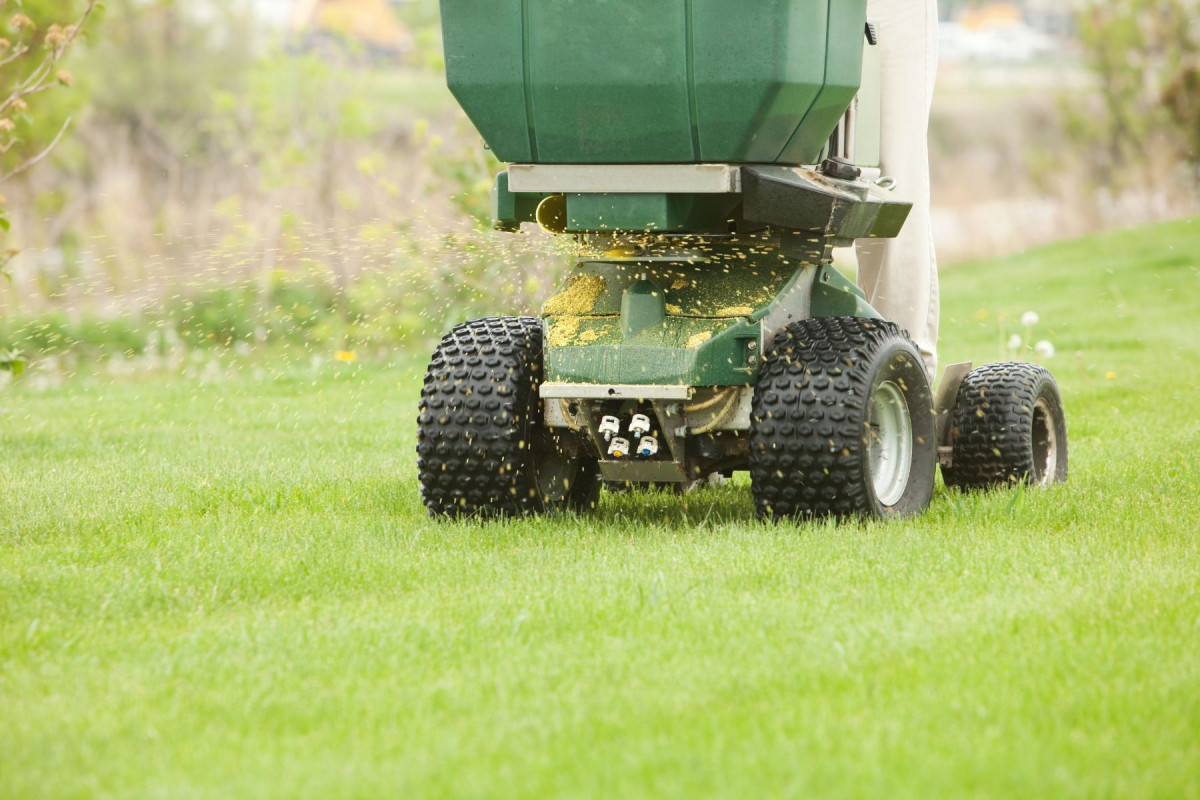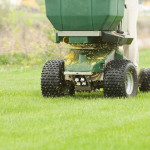Fertilizing your lawn is one of the most important things you can do to keep it healthy throughout the year. After winter, you must fertilize your grass at the right time to ensure it will bounce back quickly and grow healthy and lush.
In this article, we’ll discuss when is the best time for lawn fertilization after winter, how often to do it, and the benefits of fertilizing it properly.
Fertilizing Your Lawn After Winter
Typically, the best time to fertilize after winter is between March and April. During this time, your yard can reach the optimal temperature to allow for the proper growth of grass and plants. You may not get the desired results if your lawn is too cold or too hot to apply fertilizer.
How Often to Fertilize
You don't want to fertilize your lawn too frequently since this can lead to overgrowth. Instead, you should fertilize around five to six times per year. This ensures that your grass gets enough nutrients to help it thrive without becoming overgrown. With the help of a professional contractor, you can fertilize your lawn at the right schedule.
If you have cool-season grass, it's recommended to fertilize them in late spring. Cool-season grasses can thrive in areas with cold winters and hot summers. These include fescue, Kentucky bluegrass, annual ryegrass, and more.
Another tip when fertilizing cool-season grass is to avoid putting fertilizer on them when dry. Wait until the day after it rains to apply fertilizer so that the soil has moisture. Avoid fertilizing as well when you know it's going to rain the next day. This prevents the nutrients from being washed away by rain or irrigation.
Benefits of Post-Winter Fertilization
Now that you've learned how to fertilize your lawn, here are some reasons why you should do it at the right window after winter:
1) It provides more nutrients.
One of the most important reasons to fertilize your lawn is because it helps provide more nutrients to your plants. Nutrients like nitrogen, phosphorus, and potassium are necessary for plant life. Without these nutrients, your plants won't be able to grow correctly. If you're having trouble growing certain types of plants, then you might need to add extra nutrients to your soil.
2) It improves water retention.
When you fertilize your lawn, it allows the soil to hold onto more water. As a result, your plants will absorb more water than they would if you didn't fertilize. This means that you'll have healthier plants. In addition, water retention ensures that no excess water runs off into the environment.
3) It prevents pests and weeds.
Pests and weeds are two major problems when you're trying to grow a garden. They can cause damage to your plants, which can make them weak and unhealthy. To prevent pests and weeds, you should fertilize your lawn regularly. Fertilizer promotes strong grass with a deep bed of roots and thicker lawns, resulting in a pest-free and weed-free yard.
Effective Fertilization with ALF Lawn & Pest Solutions
ALF Lawn & Pest Solutions is a trusted name when it comes to fertilization and other lawn care services in North Georgia and surrounding areas. Our team ensures that your yard receives the proper nutrients to stay healthy and green throughout the year. Contact us today at 844-366-8873 to learn more about our weed control and fertilization plans and to find the right one for your property!































